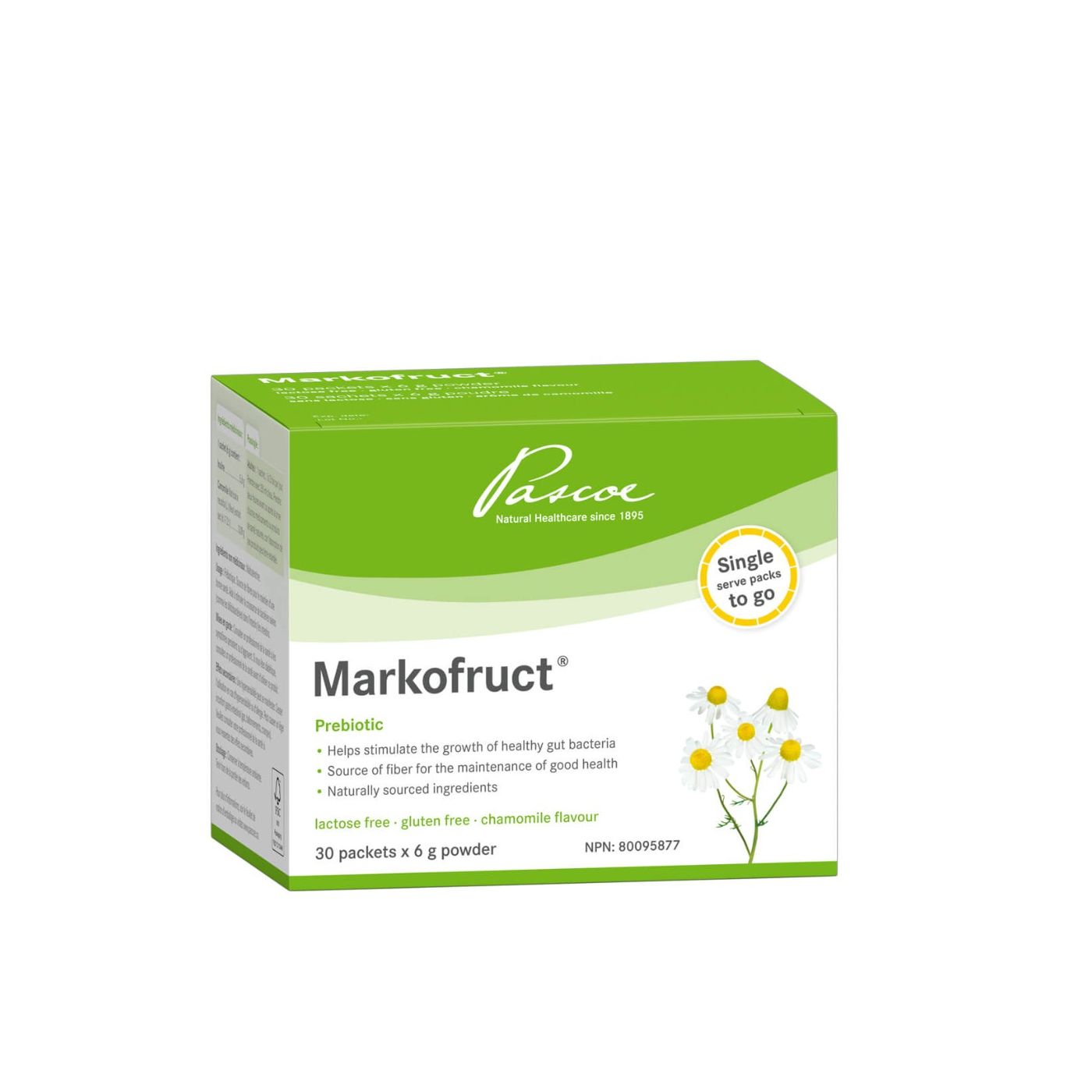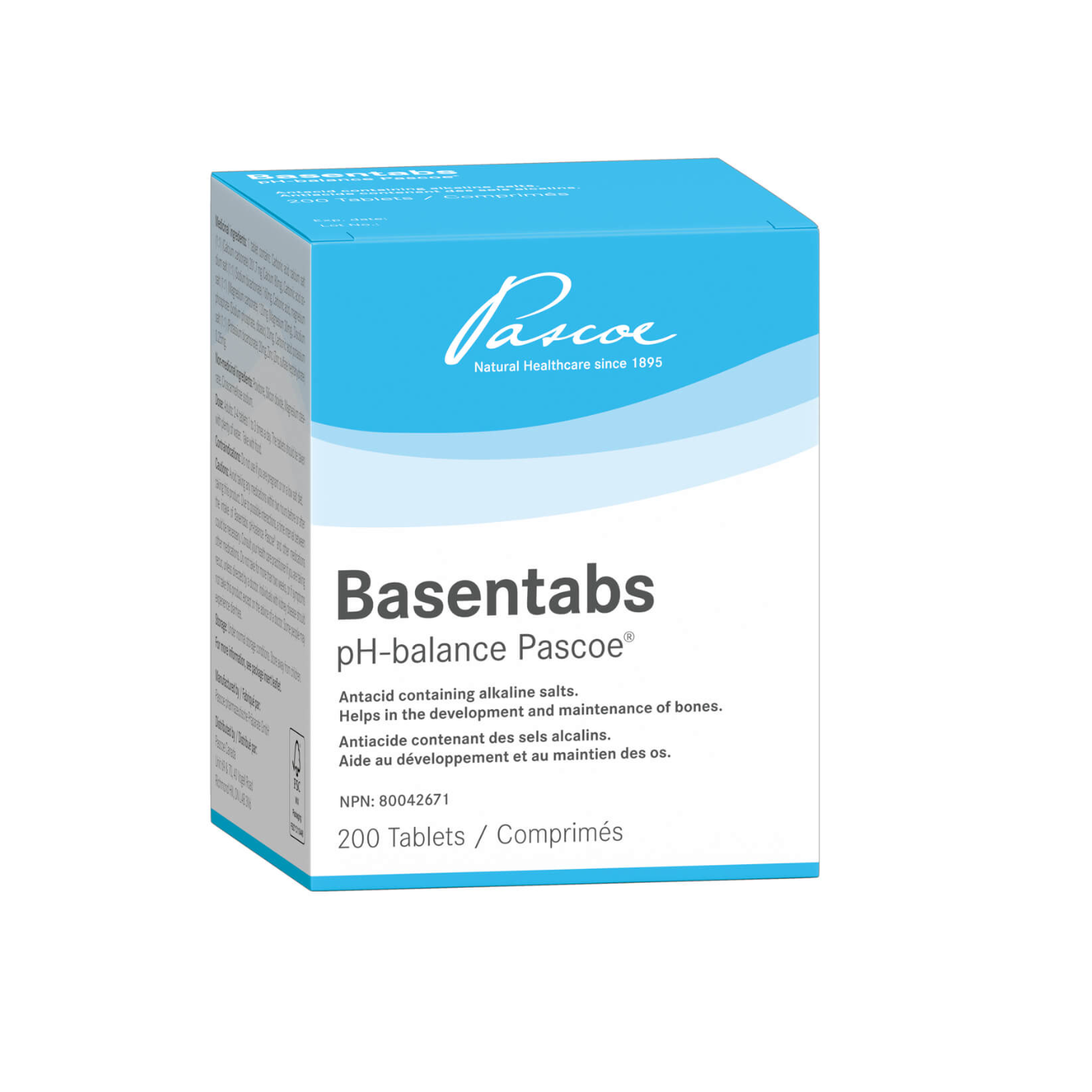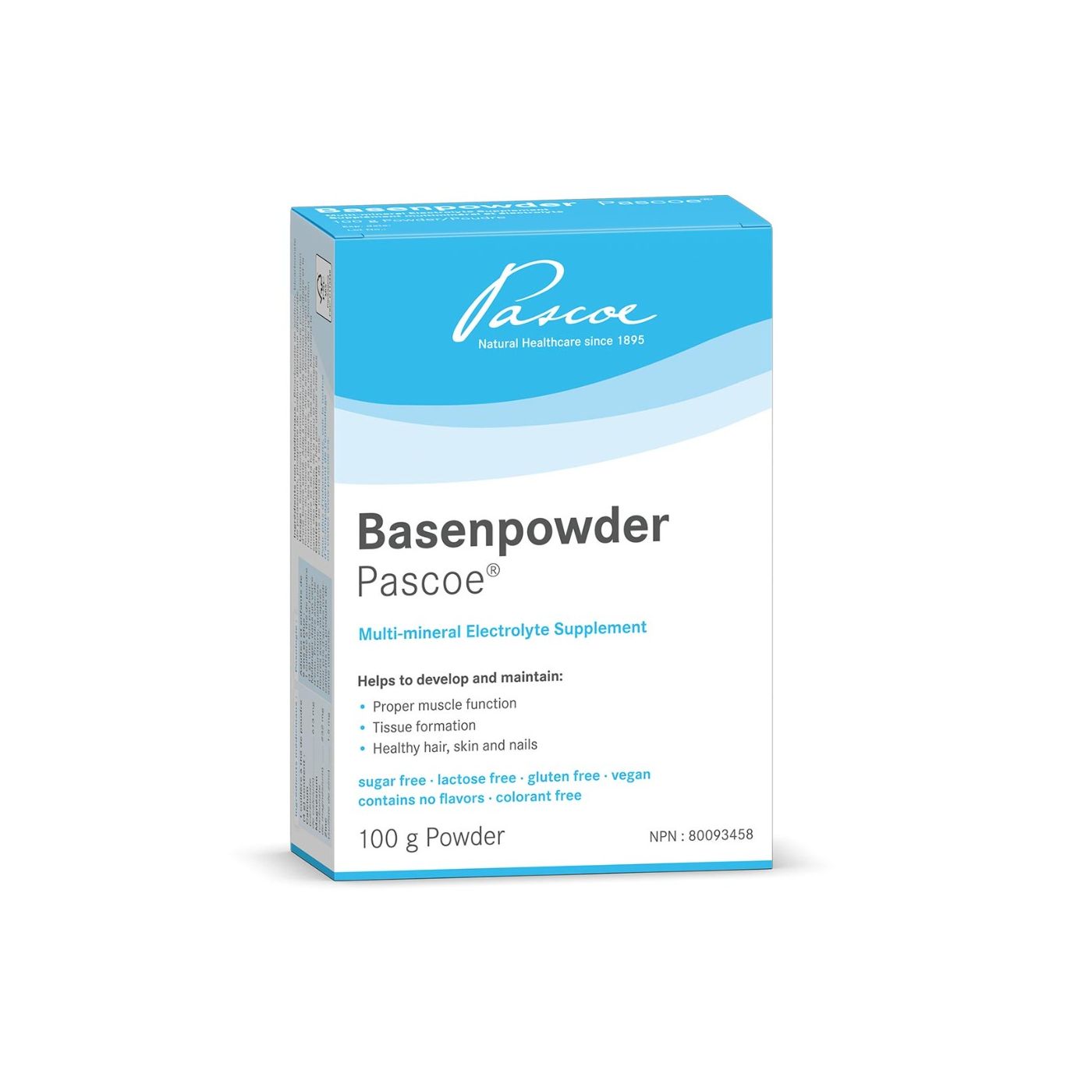Manage Your IBS This Summer
It's time to break the taboo of gut health!
While it may have once been in bad taste to discuss any bowel-related signs or noises in public, open conversations and awareness of irritable bowel syndrome has shed light on the sheer number of individuals affected. Approximately 10-15% of people of all ages globally have irritable bowel syndrome and IBS symptoms vary from person to person. However, only 30% of people experiencing symptoms of irritable bowel syndrome will seek medical support for their IBS symptoms. Arguably, irritable bowel syndrome is a bowel condition that remains underdiagnosed.
What is Irritable Bowel Syndrome (IBS)?
IBS is a chronic or ongoing functional disorder of the gastrointestinal tract or intestines. Irritable bowel syndrome involves problems with moving food through the intestines and how the brain interprets signals from the intestinal nerves. IBS is a symptom-based condition which means doctors can not perform a blood test to identify an underlying cause. The Rome IV criteria is a meta-analysis used by gastroenterologists to understand bowel habits and diagnose functional gastrointestinal disorders (FGIDs). Based on systematic reviews of IBS patients, irritable bowel syndrome has been categorized into subtypes:


- IBS-C: irritable bowel syndrome with constipation-predominant
- IBS-D: irritable bowel syndrome with diarrhea-predominant
- IBS-M: irritable bowel syndrome with both constipation and diarrhea
- IBS-U: unclassified
- PI-IBS: post-infectious IBS
It is important to note that IBS patients present with symptoms similar to bowel diseases such as inflammatory bowel diseases (IBD) and celiac disease. However, the conditions must be differentiated. Inflammatory bowel disease, including ulcerative colitis and Crohn's disease, is characterized by prolonged inflammation and sores (ulcers) in the colon and rectum which can damage the GI tract. IBS patients can have inflammatory bowel disease at the same time.
Signs and Symptoms of IBS
From time-to-time, everyone experiences bowel changes. However, individuals with IBS experience severe symptoms that are reoccurring. Symptoms of irritable bowel syndrome can change over time and an attack can happen at any moment. The most common bowel syndrome symptoms may include:
- Abdominal pain
- Excess gas
- Cramping, bloating or distension - usually relieved by passing a bowel movement
- Diarrhea
- Loose stools, sudden urges, abdominal pain, bloating, gas
- Constipation
- Infrequent stools, strained bowel movement, hard or lumpy stools
- Alternating experiences of constipation and diarrhea, at different times
- Mucus in the stool
- Other symptoms include weight loss or weight gain
Is Hot Weather Triggering IBS Flare-Ups?
Hot, humid weather is what many of us look forward to after a long, harsh winter. But for people suffering with irritable bowel syndrome, summer can wreak havoc on their bowels and IBS symptoms. High temperatures place a significant strain on the body and can affect the frequency and severity of all IBS symptoms.
Hot weather causes people to sweat and lose more fluids. This means we are more prone to dehydration and a loss of electrolytes, such as sodium and potassium.
Humidity can also disrupt the brain-gut connection. In recent times, systematic reviews have found that serotonin - or 5HT - is one of the most significant signalling molecules involved in peristaltic and secretory reflexes. Since 95% of serotonin is found in the gut, alterations in serotonin may be responsible for IBS symptoms. Humidity becomes problematic as it alters serotonin and contributes to gastrointestinal dysfunction and hypersensitivity found in IBS patients.
Summer may also change our eating patterns - cue BBQs and alcoholic beverages on the patio. While alcohol may be more difficult to avoid this time of year, alcohol is a FODMAP known to stimulate the gut and has the capacity to worsen IBS symptoms. Even delicious seasonal fruits may aggravate symptoms for individuals as they are often high in carbohydrates called FODMAPs. High FODMAP fruits to steer clear of include peaches, watermelon, cherries, mango and blackberries. Ice cream, a great summertime treat, may also worsen symptoms of IBS. This FODMAP food contains sugar lactose which is a polyol may irritate the digestive tract and trigger IBS symptoms.
How to Deal with IBS in Hot Weather - IBS Treatment
Stay Hydrated
Hydration is vital for our bodies to function and is a key factor in good bowel function. Hydration may be even more important for those who suffer with irritable bowel syndrome. Fluid helps to regulate the bodies temperature, prevent dehydration and replenish electrolytes lost through sweat or episodes of diarrhea. In cases of constipation, fluids will help soften the stool and make bowel movements easier.
Exercise Regularly
Between 11am and 3pm tends to be the hottest and most humid time of the day. If you are someone with IBS and enjoys outdoor activities, it may be worthwhile to exercise outside early in the morning or late in the evening. Regular exercise helps to ease constipation, bloating and abdominal pain which may benefit constipation-predominant (IBS-C) IBS patients.
Sort Out Stress
We know the second brain exists in our gut. With millions of neurons in the gastrointestinal tract, stress can directly contribute to IBS symptoms. Gut-directed stress management techniques may include cognitive-behavioral therapy, meditation and psychological therapies. Psychological therapies include relaxation training, talk therapy and pain coping skills. In addition, natural medicinal herbs such as passionflower are clinically proven to have a calming effect on the racing mind and helps to improve insomnia due to mental stress.
Manage your IBS Diet
Making lifestyle changes can significantly improve bowel disturbances and symptoms of irritable bowel syndrome. While there is no specific IBS diet, systematic reviews have shown that certain carbohydrates are notorious triggers of IBS. These carbohydrates are called FODMAPs - Fermentable, Oligo-saccharides, Di-saccharides, Mono-saccharides and Polyols.
FODMAPS are simple, short chain carbohydrates that are poorly absorbed in your small intestine. This can result in small intestinal bacterial overgrowth. IBS patients with bacterial overgrowth may develop IBS symptoms including bloating, diarrhea, weight loss, and abdominal pain. Nutrients that are not absorbed will continue on into the large intestine. The waste material in the large intestines begins to ferment and causes GI symptoms such as bloating, diarrhea, bacterial overgrowth, or gassiness in IBS patients. A meta-analysis and systematic reviews have found FODMAPS may increase water in the small intestine, causing loose stools and diarrhea, especially in diarrhea-predominant (IBS-D) IBS patients.
High FODMAP foods mainly include carbohydrate-rich and high-fiber foods. We know fiber is essential for good health but insoluble fiber may aggravate IBS symptoms and cause side effects such as abdominal pain, diarrhea and bloating. For patients with IBS-D, dietary fiber can be a double-edged sword. Insoluble fiber has a laxative effect. However, a meta-analysis has found the soluble fiber can help bring relief, particularly in IBS-C cases. Soluble fiber slows digestion and the rate we empty our stomach. Examples of soluble fiber to include on a low FODMAP diet are oats, broccoli, oranges and psyllium husk. Certain foods that trigger IBS symptoms and to avoid while following a low FODMAP diet include dairy products, high fructose or high-fat.
Low FODMAP foods have also shown to improve bowel habits and symptoms of bloating, abdominal pain, diarrhea and constipation for those with Crohn's disease, celiac disease and irritable bowel syndrome. Evidence has revealed that the low FODMAP diet has improved IBS-related symptoms in approximately 70% of adults. However, placebo-controlled studies for a low-FODMAP diet are needed to support this finding.
The low-FODMAP diet supports the growth of good gut bacteria, also known as prebiotics. Prebiotics are shown to help with irritable bowel syndrome as they help stimulate the growth of good bacteria in the gut.
The low FODMAP diet is a lifestyle change and begins with an elimination diet or strict avoidance of all high FODMAP foods. Once you have relief from symptoms of IBS, individuals systematically introduce high-FODMAP foods to determine food intolerance. The goal of a FODMAP diet is to limit problematic or high-gas producing foods, but not all of them. Individuals with gastrointestinal disorders and irritable bowel syndrome may tolerate certain foods better than others in small amounts. During the summer, follow a FODMAP guide and opt for lactose-free, dairy-free, low-fat, whole grain and gluten-free foods to support a healthy digestive system and IBS.
Minimize Alcohol
Alcohol has been known to irritate the gut and side effects may cause a change in bowel movements. Minimizing your alcohol intake as much as possible is always the best approach to prevent an irritable bowel syndrome flare-up. Avoid high FODMAP alcohol including rum, sticky wine and coolers. Alcohol that is a low FODMAP option includes beer, wine, vodka, gin and whisky Since alcohol is also a diuretic, which contributes to dehydration, moderation is paramount, drink slowly and with adequate hydration.
Medications for Irritable Bowel Syndrome
IBS is a complex condition that may require medication in support of your life style practices and FODMAP diet or IBS diet changes. While there is no blood test that can be performed to confirm IBS, lab work may be beneficial to rule out other conditions such as celiac disease or colon cancer. Your doctor may recommend different medications or remedies to help with your irritable bowel syndrome.
- For patients with IBS-C, drugs such as Linaclotide and Lubiprostone, are used to treat chronic constipation
- Anti-diarrheal medications, such as Lotronex or Eluxadoline, may reduce diarrhea-predominant (IBS-D) irritable bowel syndrome.
- Antidepressents are used in low doses to help with belly pain from IBS. For people with irritable bowel syndrome, this can help block pain signals from the brain.
- Enteric-coated peppermint oil is an over-the-counter natural herbal remedy that has been used for hundreds of years for various problems. Scientific evidence reveals peppermint oil helps with common IBS symptoms including constipation, bloating, gas and pain.
- Prebiotics improve the microbial ecology of the gut and defend against bacterial pathogens, found mainly in the large intestines. The 7 Benefits of prebiotics include:
- Better gut health and improved digestion
- Enhanced immune function
- Reduced risk for heart disease
- Help with weight loss and weight maintenance
- Lower inflammation
- Hormone regulation and improved moods
- Protection of bone health
Markofruct®
- Markofruct® is a prebiotic to stimulate the growth of healthy gut bacteria
- Made with 2.8g of oligofructose and 0.04g of chamomile dry extract per tablespoon
- Made without lactose
- Suitable for ages 12 and over






